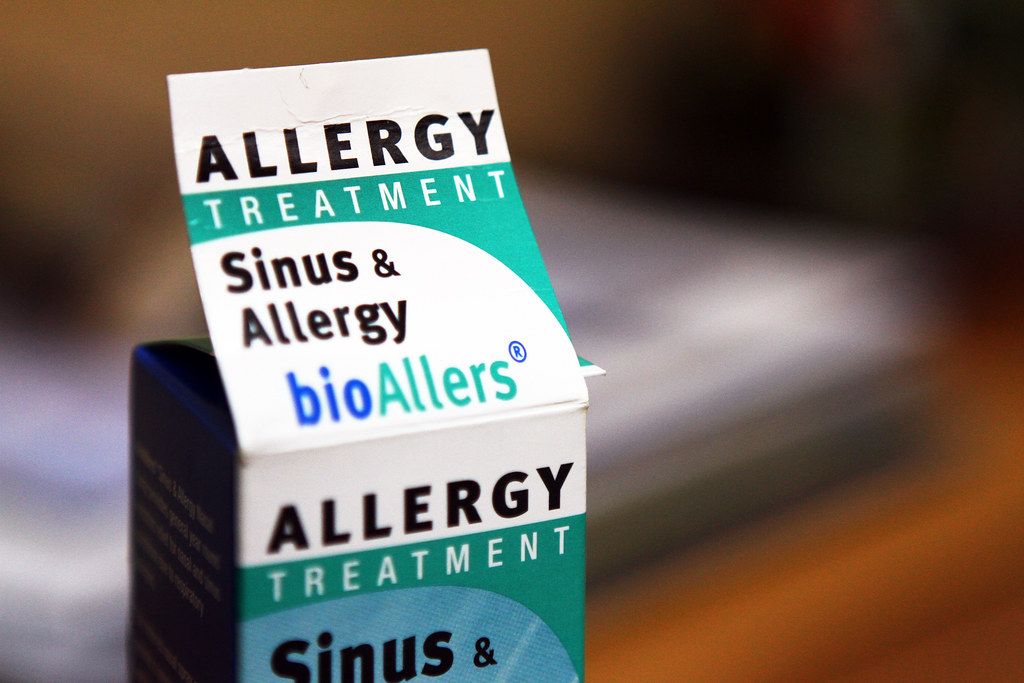Advertisement
Navigating Allergies: A Comprehensive Guide to Effective Management
Allergies can present a myriad of challenges, from seasonal sniffles to more persistent reactions to certain foods or environmental factors. Managing allergies requires a multifaceted approach that includes prevention, identification, and effective strategies to alleviate symptoms. In this article, we explore key aspects of allergy management to empower individuals in proactively handling their allergic reactions.
Understanding Allergies: Identifying Triggers
1. Allergens: Know Your Foes
The first step in managing allergies is identifying specific allergens that trigger your symptoms. Common allergens include pollen, dust mites, pet dander, certain foods, insect stings, and mold. Keeping a detailed record of when and where your symptoms occur can help pinpoint the culprits.
2. Consultation with an Allergist
For a comprehensive understanding of your allergies, consider consulting with an allergist. Allergy testing can help identify specific triggers, allowing for more targeted management strategies.
Prevention: Minimizing Exposure to Allergens
1. Environmental Allergens
- Pollen: Monitor local pollen counts and adjust outdoor activities accordingly. Keep windows closed during peak pollen seasons.
- Dust Mites: Use allergen-proof mattress and pillow covers, wash bedding in hot water, and minimize the use of carpets and heavy curtains.
- Pet Dander: Create pet-free zones in the home, groom pets regularly, and use air purifiers with HEPA filters.
2. Food Allergens
- Label Reading: Familiarize yourself with ingredient labels on packaged foods. Be cautious of hidden allergens and cross-contamination.
- Communication: When dining out, communicate your allergies to restaurant staff, and ask about ingredients and preparation methods.
Medication Management: Alleviating Symptoms
1. Antihistamines
Over-the-counter or prescription antihistamines can help relieve symptoms like sneezing, itching, and a runny nose. Non-drowsy options are available for daytime use.
2. Decongestants
Decongestants can reduce nasal congestion by narrowing blood vessels. However, these medications should be used cautiously and for short periods to avoid rebound congestion.
3. Nasal Steroids
Prescription nasal corticosteroids can be effective in reducing inflammation and alleviating nasal symptoms. They are often recommended for long-term allergy management.
4. Allergy Shots (Immunotherapy)
For individuals with severe allergies, allergy shots (immunotherapy) can be a long-term solution. Administered regularly, these shots can desensitize the immune system to specific allergens, reducing the severity of allergic reactions over time.
Lifestyle Adjustments: Practical Strategies for Allergy Management
1. Allergy-Proofing Your Home
- Air Purifiers: Invest in high-efficiency particulate air (HEPA) filters for air purifiers to capture airborne allergens.
- Regular Cleaning: Regularly vacuum and dust your home, and consider using allergen-proof covers for mattresses and pillows.
2. Outdoor Precautions
- Wear Protective Gear: When gardening or engaging in outdoor activities, wear sunglasses and a hat to shield your face from pollen and other airborne allergens.
- Check Pollen Counts: Monitor local pollen counts before planning outdoor activities.
3. Emergency Preparedness
- Carry Medications: Always have your prescribed allergy medications, such as an epinephrine auto-injector for severe allergic reactions, with you.
- Medical Alert Bracelet: Consider wearing a medical alert bracelet that indicates your allergies and emergency contact information.
Dietary Management: Navigating Food Allergies
1. Allergy-Friendly Cooking
- Cooking at Home: Prepare meals at home using fresh, whole ingredients to have better control over what you’re consuming.
- Recipe Substitutions: Explore allergy-friendly recipes and substitute allergenic ingredients with safe alternatives.
2. Allergen Awareness
- Education: Stay informed about common food allergens and hidden sources. Attend allergen-awareness classes if available.
Mind-Body Connection: Stress Management and Allergies
1. Stress Reduction Techniques
- Meditation and Yoga: Incorporate stress-reducing activities like meditation, yoga, or deep breathing exercises into your routine.
- Adequate Sleep: Prioritize sufficient and quality sleep to support overall well-being and resilience against allergic triggers.
2. Mindful Living
- Identify Triggers: Recognize stressors that may exacerbate allergy symptoms and work on managing them effectively.
- Holistic Approaches: Explore complementary therapies like acupuncture or herbal remedies under the guidance of healthcare professionals.
Conclusion: Empowering Allergy Management
Effectively managing allergies involves a combination of proactive measures, lifestyle adjustments, and, in some cases, medical intervention. By understanding your specific triggers, implementing preventive strategies, and being prepared with the appropriate medications, you can empower yourself to navigate the challenges of allergies and enjoy a more comfortable and fulfilling life. Always consult with healthcare professionals for personalized advice tailored to your unique allergy profile.













